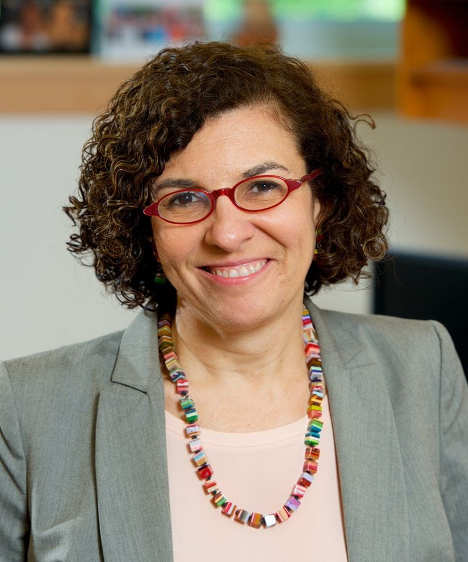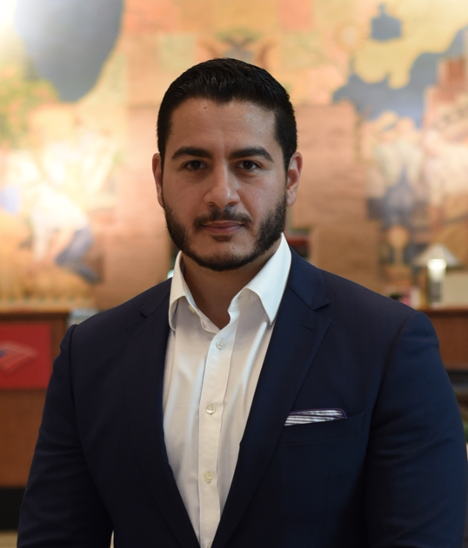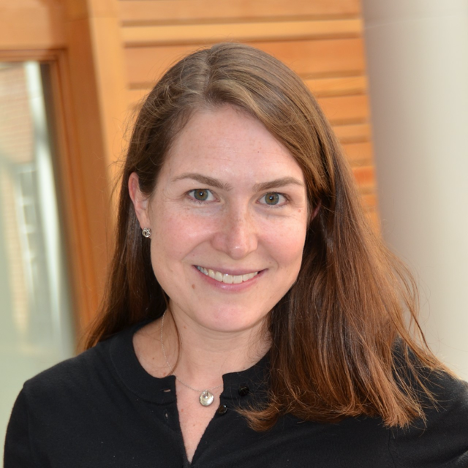COVID-19 Satellite
Plenary & Invited Speakers
Plenary Session:

Martina Morris is Professor Emerita of Sociology and Statistics at the University of Washington. She is a sociologist with interests in the analysis of social structure and population dynamics. Her research interests include the demographic epidemiology of HIV, trends in earnings inequality, and innovative statistical methodology for demographic research. Since 2000, she has co-led the development of the statnet suite of R packages for the management, exploration, statistical analysis, simulation and vizualization of network data.

Alessandro Vespignani is the Sternberg Family Distinguished University professor at Northeastern University. He is the founding director of the Network Science Institute and leads the Laboratory for the Modeling of Biological and Socio-technical Systems. Vespignani is elected fellow of the American Physical Society, member of the Academy of Europe, and fellow of the Institute for Quantitative Social Sciences at Harvard University.

Ana V. Diez Roux, MD, PhD, MPH, is Dean and Distinguished University Professor of Epidemiology in the Dornsife School of Public Health at Drexel University. Originally trained as a pediatrician in her native Buenos Aires, she completed public health training at the Johns Hopkins University School of Hygiene and Public Health. Dr. Diez Roux is internationally known for her research on the social determinants of population health and the study of how neighborhoods affect health. Her work on neighborhood health effects has been highly influential in the policy debate on population health and its determinants.

Dr. Abdul El-Sayed is a physician, epidemiologist, progressive activist, educator, author, speaker, and podcast host. He is the Chair of Southpaw Michigan and a Political Contributor at CNN. He is the author of Healing Politics, calling for a politics of empathy to cure our epidemic of insecurity, and the forthcoming Medicare for All: A Citizen’s Guide with Dr. Micah Johnson. He is the host of “America Dissected,” a podcast by Crooked Media, which goes beyond the headlines to explore what really matters for our health. He is a Scholar-in-Residence at Wayne State University and American University teaching at the interaction of public health, public policy, and politics.

Dr. Kimberly Powers is an Associate Professor of Epidemiology at the University of North Carolina at Chapel Hill who uses epidemiological, statistical, and mathematical modeling methods to study infectious disease transmission. Most of her work over the past decade has focused on improving understanding of HIV care engagement and using mathematical models to predict the impact of HIV prevention interventions on HIV transmission. As of March 2020, she has become actively involved in the COVID-19 response, developing models of SARS-CoV-2 transmission to inform public health efforts against it.
